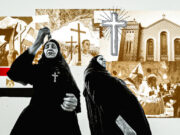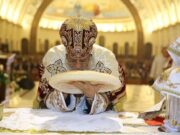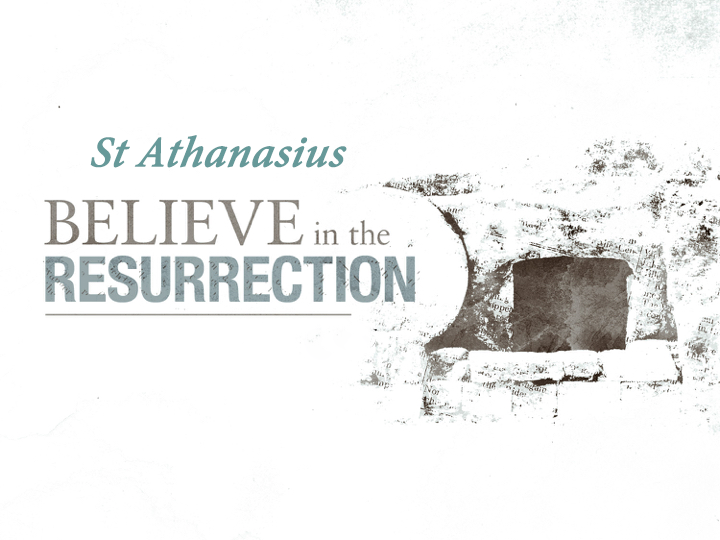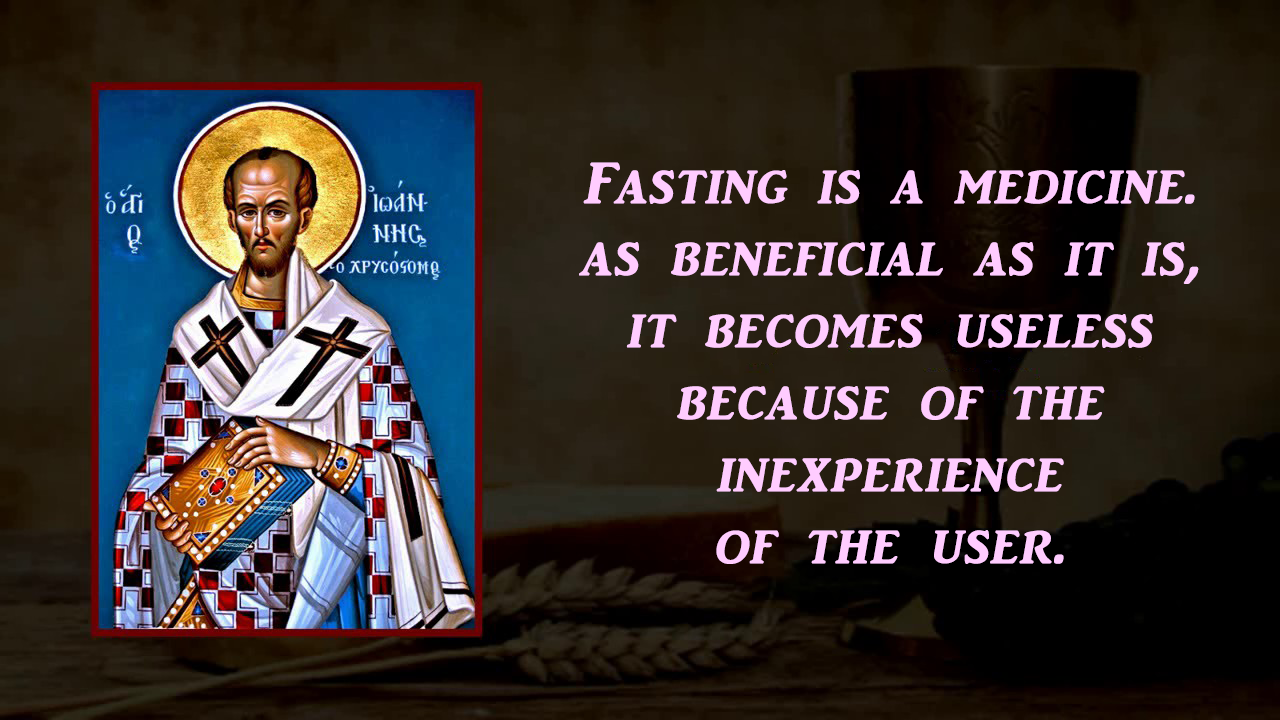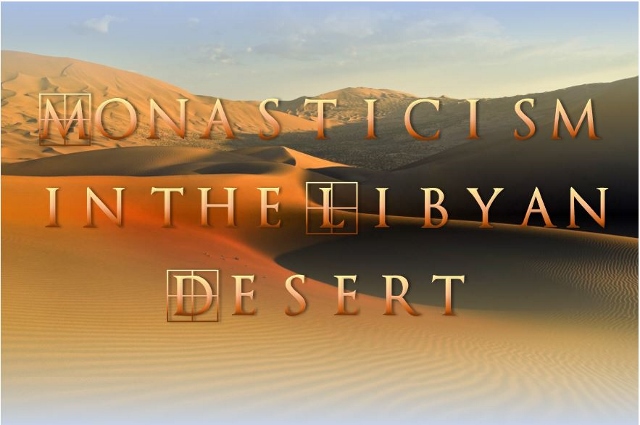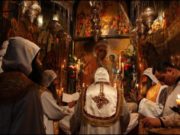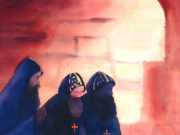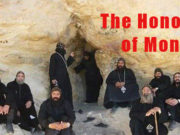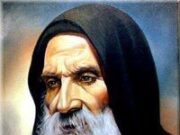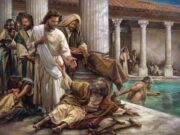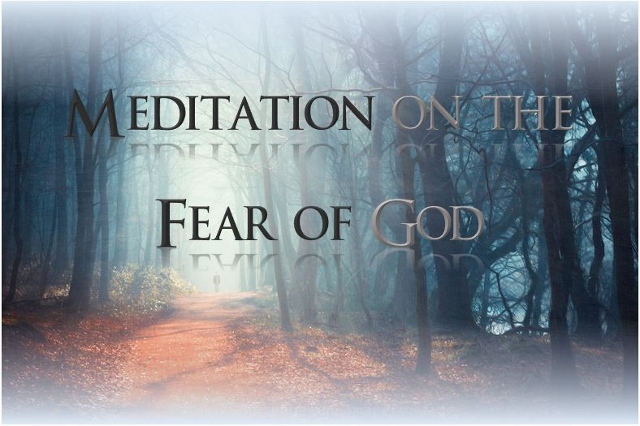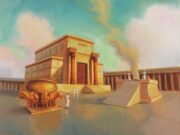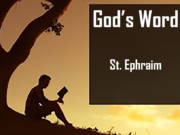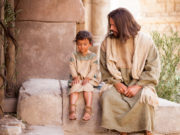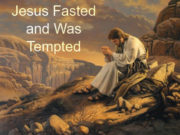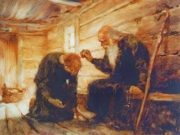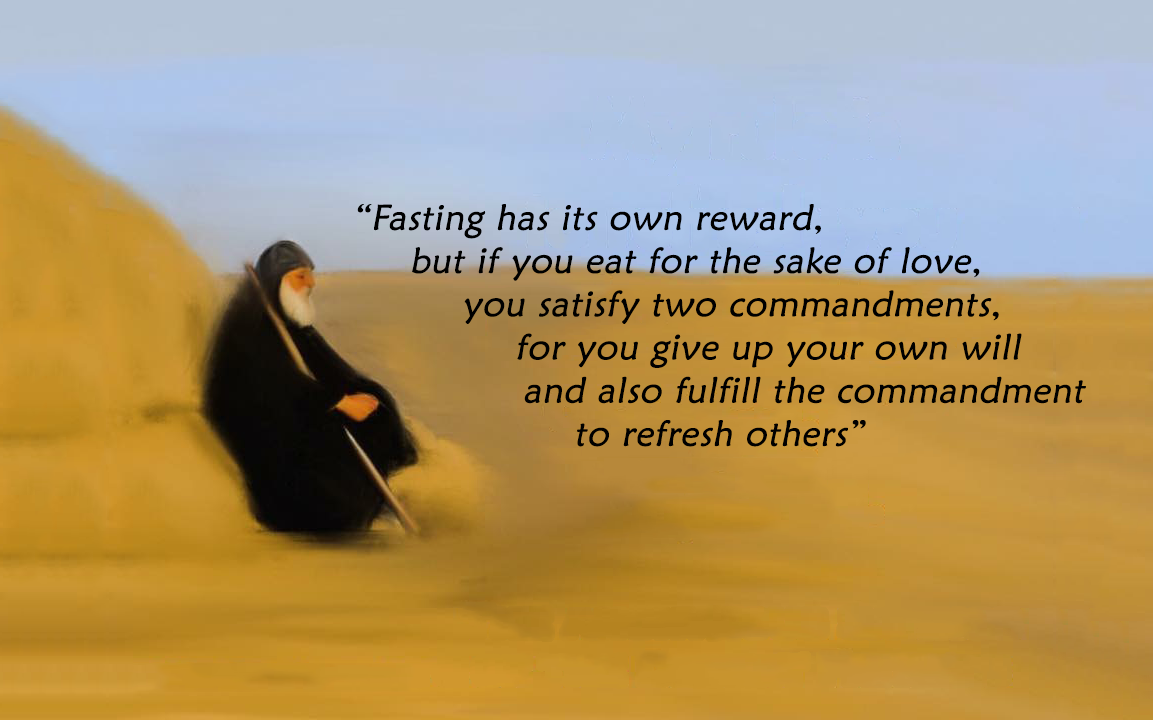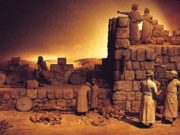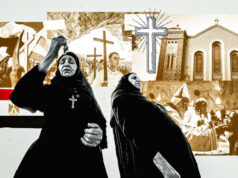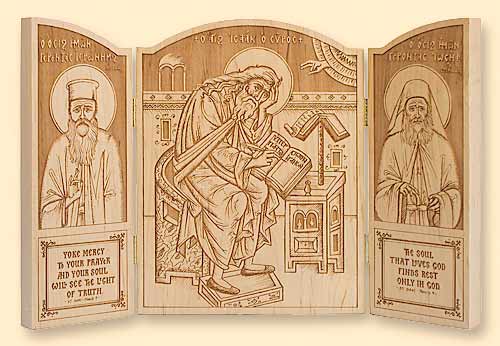
God offered us the grace of calling and accepting us in the sacred wilderness, i.e., the wilderness of Sheheet, the wilderness of “the weighing scale of hearts.” With its name the Holy Spirit draws our hearts to this designation’s implication concerning our life together in this holy wilderness, and offering our lives to God the Weigher of hearts and souls.
The origin of this designation, mentioned in the book Coptic Monasticism, is found in the Biography of Saint Macarius. The meaning stemmed from the time when Saint Macarius first arrived in this wilderness, slept on top of the hill, and the blessed cherubim appeared to him. When the saint started to fall asleep on this hill, he felt the cherubim’s hand palpate his heart, as if wanting to weigh it. Saint Macarius said to him, “What is it?” The cherubim answered, “I am measuring and weighing your heart.” Saint Macarius then said to him, “What does this mean?” The cherubim replied, “As I have acted within your heart, thus will be named this mountain, but Christ will demand fruit.”
Here I will begin to explain the meaning of “the weighing scale of hearts,” which is our work in this sacred wilderness. The devil instigates the wicked thoughts specific to every type of sin mentioned by St. Paul, who said that those who committed them would not witness the kingdom of God.
Now, according to the weighing scale of hearts, mere thoughts, if alive in the mind, with the mind at ease with them for barely a second, the heart responding, stirred in reaction to them, immediately become counted as if they had been fulfilled in the heart without the action of the flesh. This is the danger of the ascetic life, the proof of piety, and the sincerity of a sacred living with the Father, Christ, and the Holy Spirit. Then, what is to be done? Work in this holy wilderness is our only occupation, as follows:
Repudiate evil thoughts completely, forcefully, wilfully, and stubbornly for them not to extend to the heart, members, and the rest of the flesh.
Beware of evil thoughts and imaginations that infiltrate the heart to find delight, or acceptance and consent, no matter what. At this point, I include that the hungry body and empty, compressed stomach are the greatest help in controlling the mind, body, and imagination. Hunger in Sheheet is an official work and honour.
The monk busy with reading, the drone of books and Psalms, is the owner of a mind armed against evil imaginations. Reading sacred books continuously is an effective factor in disciplining the flesh, mind, and evil appetites (Acts 20:32.) From that, we reach the conclusion of the greatest importance: to refuse the devil’s counsel, playing with the mind and acquiring the heart. This is the only work required of us for God to fulfill His work.
If the monk as human being seeks asceticism, worship and piety, and fulfills his officially required work, which is to refuse the devil’s counsel from the first impulse in the mind, no matter how persevering and repetitious, with a total refusal in mind, heart, and body, then the result will be that the Spirit of God will enter at once, and with His power, put a stop to the expansion of the idea, thus cutting it off, stopping its movement instantly; for man need not be tried beyond his endurance. Thus the heart becomes joyful and the spirit enveloped in a feeling of victory and joy. Insomuch as the devil repeats his work and the monk repeats his refusal, the Spirit continues is work in all confidence and certainty.


